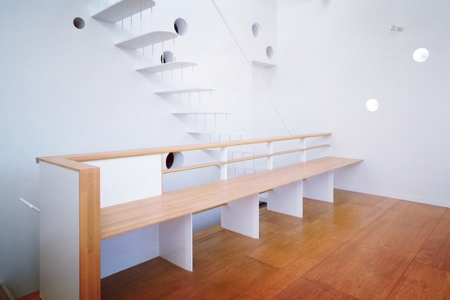梃子
創作の態度として、村上春樹の『職業としての小説家』からよく考えさせられることがあるのだが、その中で「梃子」という表現が二度出てくる。
『もともとあったかたちと、そこから生じた新しいかたちの間の「落差」を通して、その落差のダイナミズムを梃子のように利用して、何かを語ろうとするわけです』
『架空の「僕」を梃子の支点にして小説世界を立ち上げ、広げていくことをひとつの目的としていた』
村上春樹は創作に梃子の役割をするものが必要だと考えているようだ。梃子は小さな力を大きな力に変えてくれるもの、素のものを増幅させてくれるもの、それは別の言い方をすれば「作品化」かもしれない。
何でもない日常の出来事を小説という作品に変えるために梃子を利用する。その梃子をどのように使うかが作者の力量ということか。
"lever"
Haruki Murakami's "Fictionalist as an Occupation" is often thought of as a creative attitude, but the expression "leverage" appears twice.
"Through the 'head' between the original form and the new form arising from it, we try to leverage the dynamism of the head like a lever and speak something."
"One purpose was to launch and expand the novel world with the fictional" me "as the leverage point."
Haruki Murakami seems to think that something is needed to play a role in creation. Leverage is what transforms a small force into a great force, and amplifies the elementary one, which, in other words, may be a "work of art".
Leverage leverage to turn anything but everyday events into novels. How to use the lever is the ability of the author.

